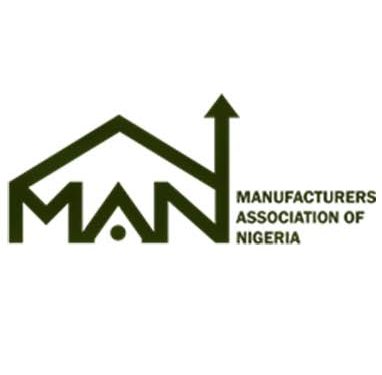The Manufacturers Association of Nigeria (MAN) has called on the Federal Government to urgently gazette the Nigeria First policy and transform it into a binding law, complete with punitive measures for non-compliance. This, according to MAN, is critical to ensuring the policy becomes a credible, enforceable tool for revitalising Nigeria’s manufacturing sector.
Speaking at the 2025 BusinessDay Manufacturing Conference in Lagos, MAN’s Director General stressed that the policy approved on May 5 is a bold, transformative step that prioritizes the use of Nigerian-made goods and services in all government procurements. However, he warned that without legal backing, the policy risks being undermined, much like the previous Executive Orders 003 and 005, which were poorly implemented.
The Nigeria First policy mandates that government agencies must refrain from purchasing foreign goods where locally manufactured alternatives exist except where clear and justifiable exceptions apply. While the pronouncement has been welcomed by industry stakeholders, the MAN DG argued that mere approval is not enough.
He urged the government to not only gazette the policy but also ensure widespread awareness, transparency, and accountability across both public and private sectors. He said the time has come for Nigeria to act decisively in protecting and growing its local manufacturing base, warning that failure to do so would leave the country perpetually dependent on imports.
Citing past disappointments with Executive Orders 003 and 005 meant to give local manufacturers priority in procurement and engage indigenous professionals in key national projects, he stressed the importance of enforceability and continuity in policy implementation. According to him, those executive directives suffered from weak compliance and ineffective oversight, rendering them largely symbolic.
He called on the Federal Government to engage manufacturers through structured, regular consultation platforms to ensure policies are not only inclusive but also reflect industry realities. He also urged Nigerian consumers to take ownership of the nation’s economic growth by actively supporting locally made goods, stating that consumer choices play a vital role in creating jobs, driving innovation, and strengthening the economy.
The MAN DG described the conference’s theme—“Unlocking Nigeria’s Manufacturing Potential: Strategies for Sustainable Growth amid Economic Turbulence” as timely, given the global supply chain disruptions, inflation, and rapid technological shifts confronting manufacturers. He argued that unlocking the full capacity of Nigeria’s industrial sector is no longer optional, but a strategic necessity.
He concluded that the Nigeria First policy, if given the legal force it needs and matched by genuine political will, can serve as a turning point in Nigeria’s drive toward industrial self-sufficiency and economic resilience.










